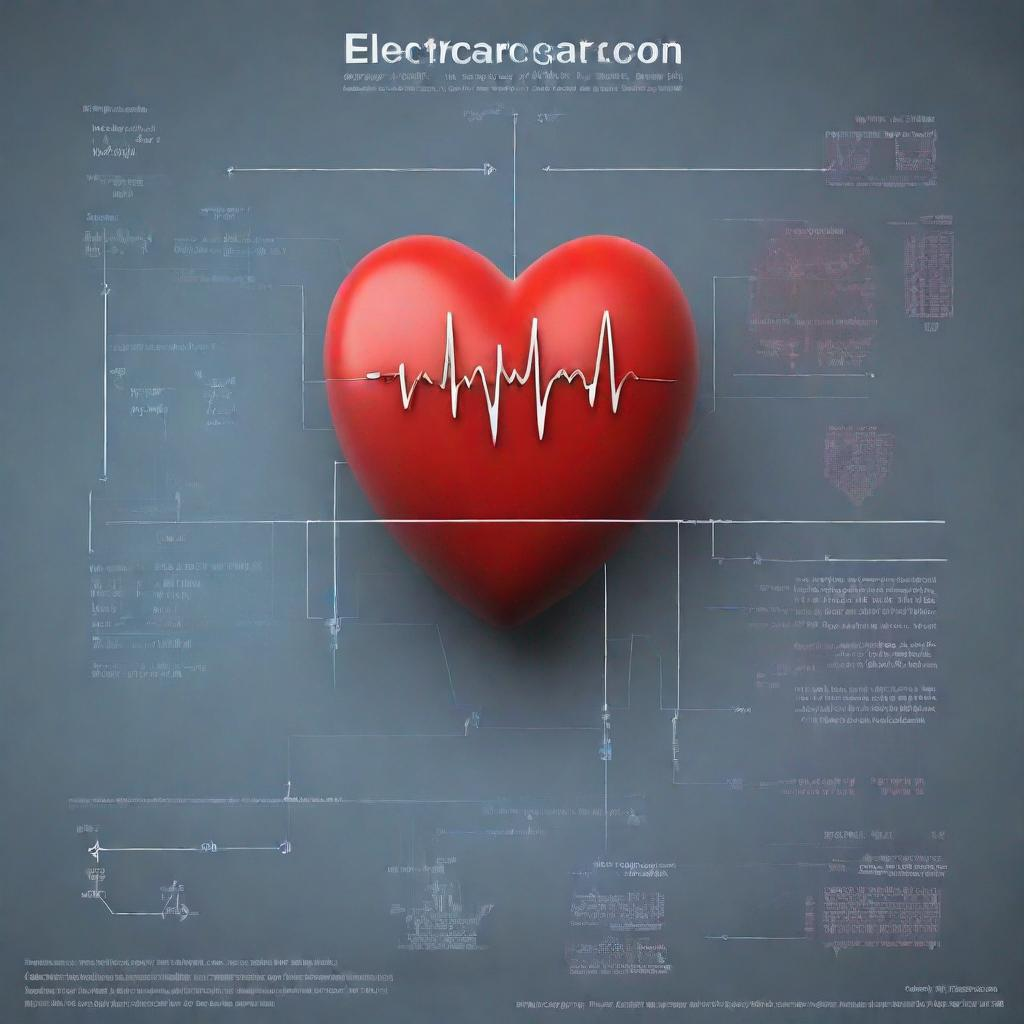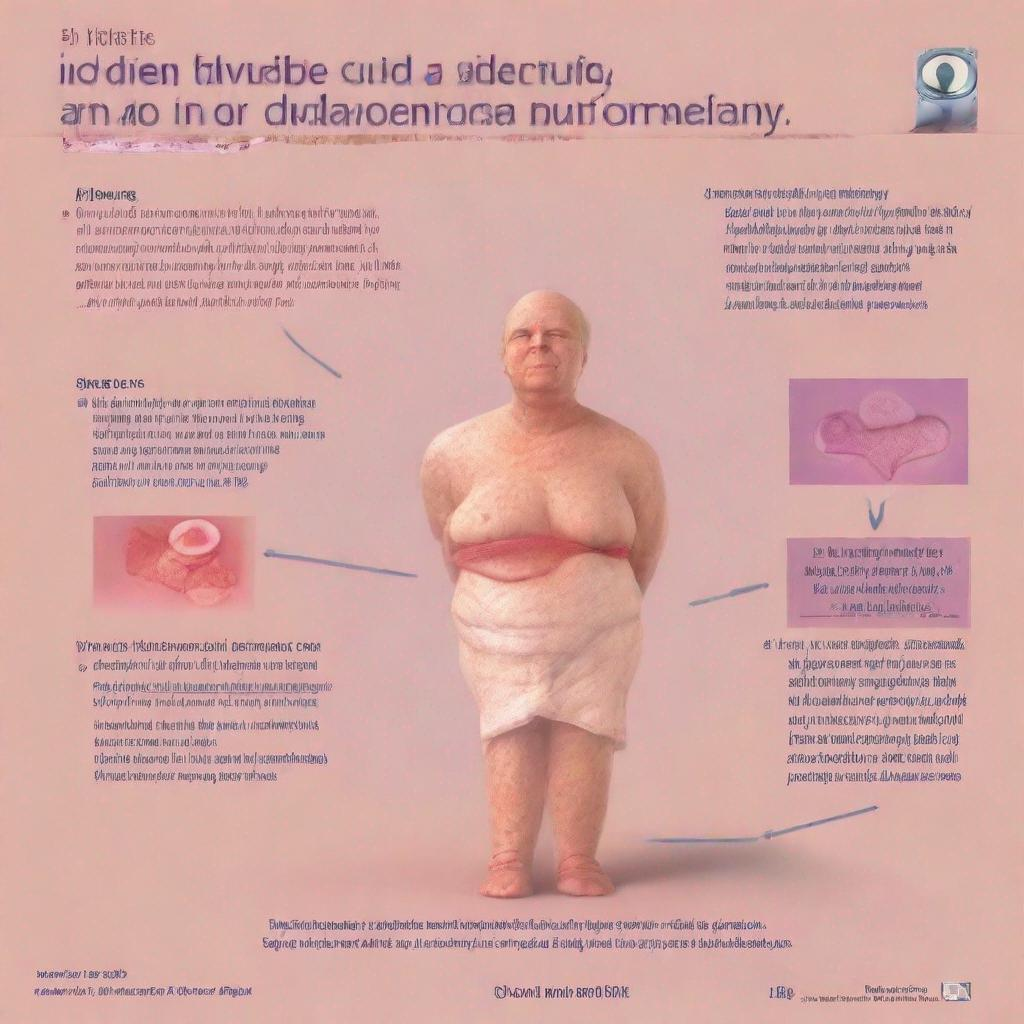## Electrocardiogram (ECG): A Comprehensive Guide
### Introduction
An **Electrocardiogram (ECG)** is a medical test that records the electrical activity of the heart. It is a non-invasive and painless procedure that provides valuable information about the heart’s rhythm, rate, and other electrical patterns.
### Procedure
An ECG is performed by placing electrodes on the chest, arms, and legs. These electrodes are connected to an **ECG monitor**, which records the electrical signals produced by the heart. The ECG **tracing** is then displayed on a screen or printed out for review.
The test is typically performed by a **cardiologist**, a doctor who specializes in heart conditions.
### Diagnosis
An ECG can identify various heart conditions and diseases, including:
* **Arrhythmias:** Irregular heartbeats, such as atrial fibrillation or ventricular fibrillation
* **Bradycardia:** Unusually slow heart rate
* **Conduction blocks:** Delays or interruptions in the heart’s electrical pathways
* **Coronary artery disease:** Narrowing of the arteries that supply blood to the heart
* **Heart failure:** Inability of the heart to pump blood effectively
* **Ischemia:** Reduced blood flow to the heart muscle
* **Myocardial infarction:** Heart attack
* **QT interval:** Length of time between two specific electrical signals on the ECG
### Importance
An ECG is an important test for diagnosing and managing heart conditions. It can help identify subtle abnormalities that may not be apparent through other tests or physical exams.
### Alternatives
Alternative tests or procedures that can provide similar information to an ECG include:
* **Echocardiogram:** Ultrasound of the heart
* **Electrophysiological study:** Examination of the heart’s electrical pathways
* **Holter monitor:** Portable device that records heart rhythm for 24 hours or more
* **Stress test:** ECG performed while the patient is exercising
### Preparation
No special preparation is required for an ECG. However, it is important to inform the doctor of any medications you are taking, as some may interfere with the test results.
### Duration
An ECG typically takes around 10-15 minutes to complete. The results are usually available immediately.
### Recommendations
Following an ECG, the doctor may recommend additional tests or procedures to confirm a diagnosis or assess the extent of a heart condition. These may include:
* Echocardiogram
* Electrophysiological study
* Stress test
* Pacemaker implantation
### Conclusion
An ECG is a valuable and widely used medical test that provides important information about the heart’s electrical activity. It is painless, non-invasive, and can help diagnose and manage a wide range of heart conditions.



